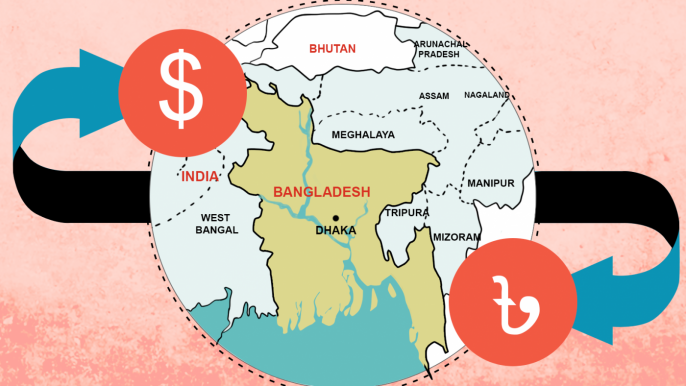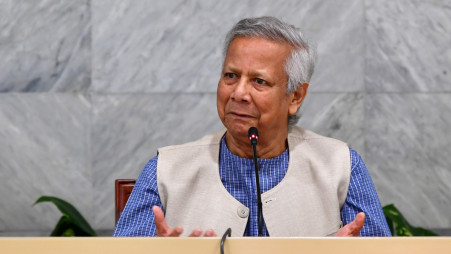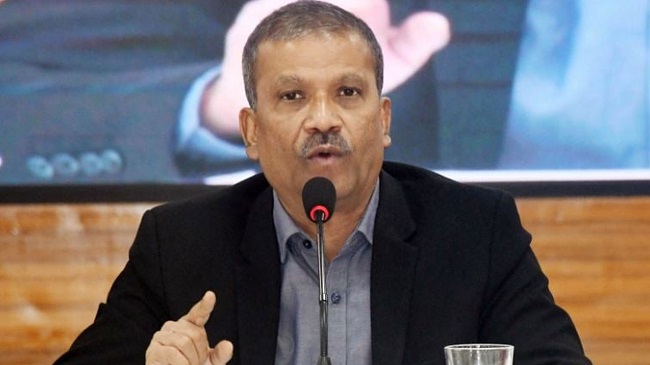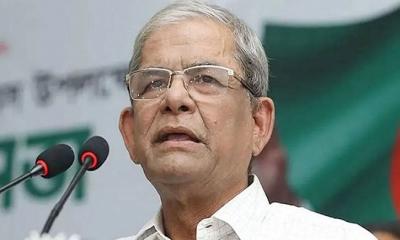Net FDI increased by 32.12% to $1.46 billion in Jul-Apr FY21
Total investment during the period was $2.995 billion
This is 7.85% more than investment in Jul-Apr FY20
Investment by expatriates increased by 9% in Jul-Apr
Net foreign investment has increased by 32.12% to $1.46 billion during the first ten months of the fiscal 2020-21 amid the Covid-19 pandemic.
The total investment during the July-April period was $2.995 billion, which is 7.85% more than the same period in FY20, according to the data from an updated report on the Balance of Payments released by the central bank on Tuesday.
Net investment is calculated by excluding dividends taken by foreign companies from the total foreign investment.
Economist Dr Ahsan H Mansoor told The Business Standard that Bangladesh's annual foreign investment is very low. The amount increases when only one or two companies increase investment.
For example, he said, when Japan Tobacco invested in Bangladesh, foreign investment was much higher. A full report on foreign investment during the July-April period will show if the overall foreign investment has increased or whether the investment of one or two companies has affected it.
The economist further said the amount of foreign investment in Myanmar is five times more than that in Bangladesh. Due to political instability after the beginning of military rule in the country, some foreign investment may have turned to Bangladesh.
According to the report of the central bank, the investment of expatriate Bangladeshis has increased by 9% to $193 million in July-April as compared to the same period of the last financial year.
However, the amount of foreign investment in the capital market did not increase compared to the same period of the last financial year. Rather, the foreigners have sold the shares and withdrawn $220 million.
Meanwhile, imports increased by 13% during July-April, widening the trade deficit by $3 billion to $17.22 billion over the same period last year.
As a result, the current account balance surplus in July-March came to a deficit of $47 million in July-April. However, the current account balance deficit stood at $3.77 billion in July-April of the last fiscal.
Import data for the July-April period shows that the expenditure on rice imports has increased the most, followed by the cost of importing crude fuel oil, pepper, soybeans, pulses, pharmaceuticals, chemicals, clinker, etc.
However, the cost of importing capital equipment – one of the major sources of investment – did not increase during July-April. On the contrary, the expenditure has come down by more than 7% as compared to the same period of the previous financial year.
Regarding the increase in import expenditure, Ahsan Mansoor said, "It is not that our economy is turning around and imports are increasing. The cost of imports has gone up due to the rising prices of goods in the international market.
He added that the price of fuel oil in the international market has increased by 60-70% and soybean by 50%. As a result, export expenses are also showing more. Imports of capital equipment are not increasing, which means private investment is not increasing.











